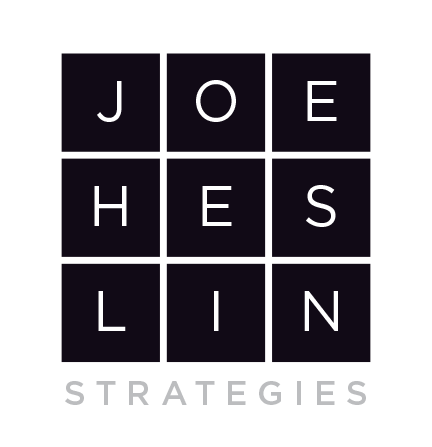In a few short weeks, the Coronavirus (COVID-19) has swept away fortunes, devastated lives, and created havoc and panic all over the globe. How can we—or even, should we—continue to market when things are so incredibly heavy and uncertain. The answer is yes, you should. How you market at this time, however, is a larger question.
Regardless of the hardness of the times, the foundational context for marketing has been changing over the last 20 years. Millennials have driven a growth in consciousness about who they are giving their consumer dollars to. Reflecting and driving this, marketing has become a communication of value and values. We see this in the rise of B Corps and other conscious companies whose values are such a vital part of their brand that they cannot be separated. Values must never not be the cornerstone of your brand and marketing.
Now put that perspective on broil. In a crisis, your commitment to the common good will speak volumes and people will remember what you did when it mattered. Though your values count more now than ever, you can’t look like you’re self-congratulatory or that you’re cashing in on calamity. The first step is, well, do something good. In a time of plenty, we open up and look outward to new goals and opportunities. Conversely, in difficult times, we tend to close in and bunker. The best way forward is to act like the former in this time of the latter. There are some very important dos and don’ts to marketing in these times of crisis:
Do: Good. The right way to start is to do something good. Look at your community: Who’s vulnerable? Who is the most in need? How can you help? Think of advocacy, information, tips & tools, awareness building, anything that you can do to provide an honest benefit to your tribe.
Don’t: Say how great you are. No matter what you did, it isn’t likely to end the struggles completely so save the victory lap for when everyone can take that lap together. Be good. Do good. Show good. Invite others to bring good. You are doing your part and that is your message.
Do: Focus on something that makes sense to you, your customers, and/or the specifics of the situation that everyone is challenged by. In a time of financial, social, and existential concerns, find a way to bring something good into that. Now is likely not the time to go with “Save the Whales.”
Don’t: Pick a pet project that you might have once thought was cool unless it is directly related to your company’s ambit, your customers’ hopes or concerns, or the challenge that is on everyone’s minds. You can pick something general if you can’t come up with anything, but your impact, like the choice, will be weaker.
Do: Invite your community into the cause and the conversation. When you are talking about how you are helping, provide some means for people to learn more so they can participate themselves. During times of real upheaval, money/time/anxiety management tips could be the difference between making it or not. If you have facilities, skills, or information that will be helpful—and won’t injure you to provide it—do. Lead by example and they’ll follow.
Don’t: Guilt or cajole others into doing what may be easier for you to do, or what they simply can’t do. People generally want to be helpful, but our survival instincts are very tuned and fear is a part of all uncertainty. If you are doing this right, the messaging is always going to reflect a humility of service, rather than a glint of heroism. You are doing your part and you want others to feel empowered—to have the permission—to help others and themselves...if they so choose.
Do: Always provide value in your marketing. Never beg someone to care about what you’re doing or how you do it. Marketing is widely and wildly disliked and that’s because it so often feels extractive—of our time, patience, and money. Offer consumers of your marketing something for their attention and they won’t be so likely to resent you for requesting it.
Don’t: Make this the You Show. Everyone has seen the weather correspondent exaggerating massive flooding while a child strolls by in the ankle deep water. If the difficulties people are facing are bad enough to move to this kind of marketing, you shouldn’t need to enhance the seriousness. Be humble, be kind, be true, and be of service. People want to know what you stand for.
There’s a reckoning, fig & lit, in each consumer’s mind about what brand, product, company they want to give their money to. That reckoning includes value—how much do I get, how expensive, what’s the quality, etc—but values have risen as an ever more important factor. We used to have as much choice in our buying as the community we lived in would afford us; city people could choose and smalltown people had to pick. Now we all have more choice in where we spend our money and, more and more often, it’s values that make the difference.
The power of this reckoning I’m referring to is directly proportional to the stakes of the crisis. The greater the stakes for health, vitality, and prosperity, the deeper the reckoning of your customers. As we live through history right now, the question will be asked, "What did you do?" not, “What did you sell?” With social media and review sites, it is harder than ever to hide from our actions, so don’t create a situation in which you would feel you need to. Do act with integrity and invite others to as well. Don't walk away and bunker down.
Your brand depends on it.

